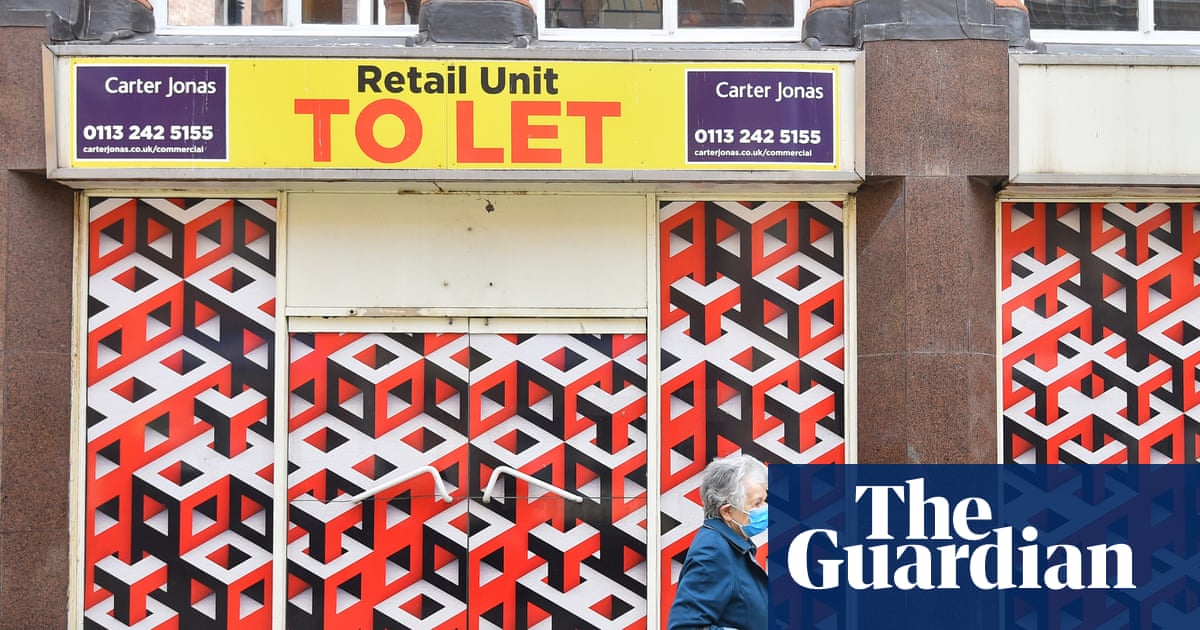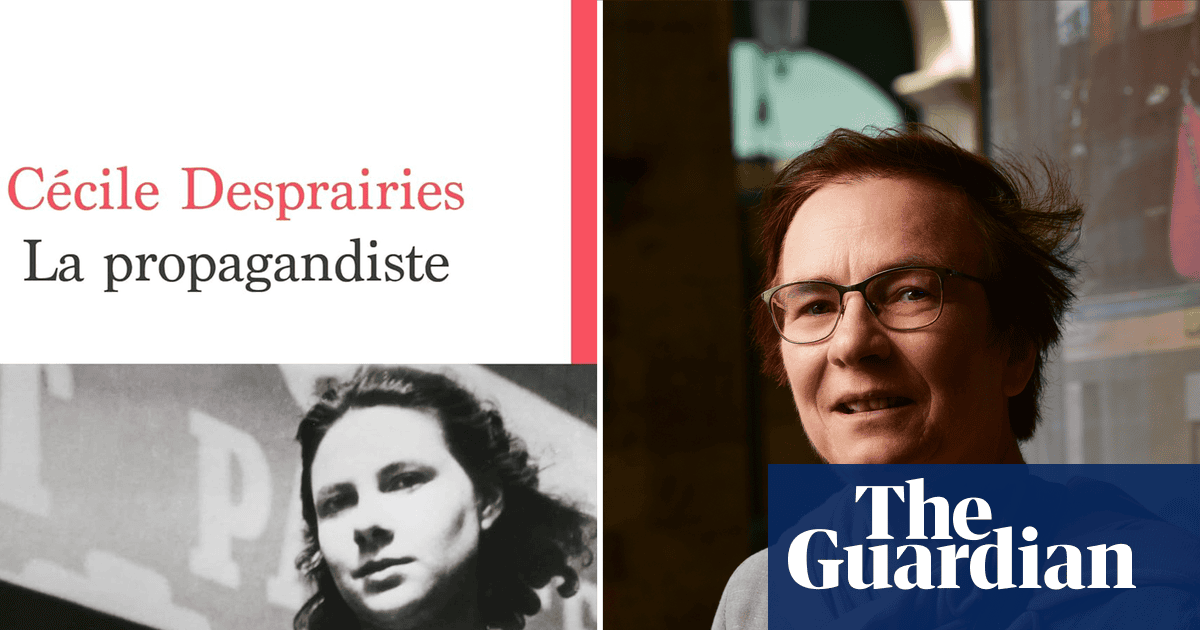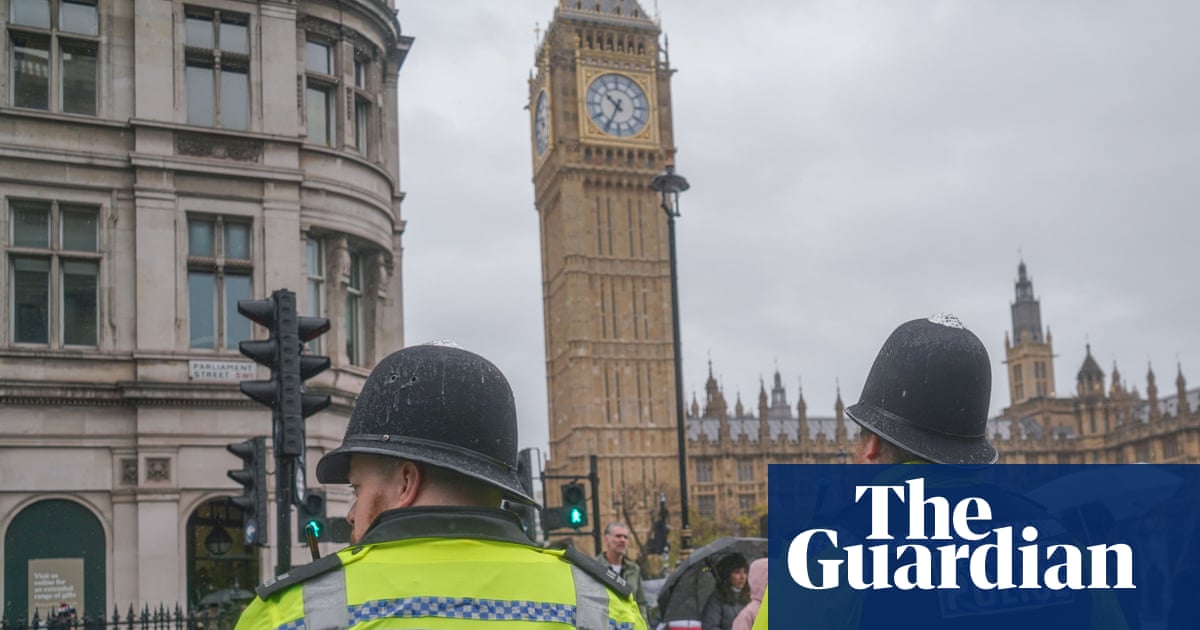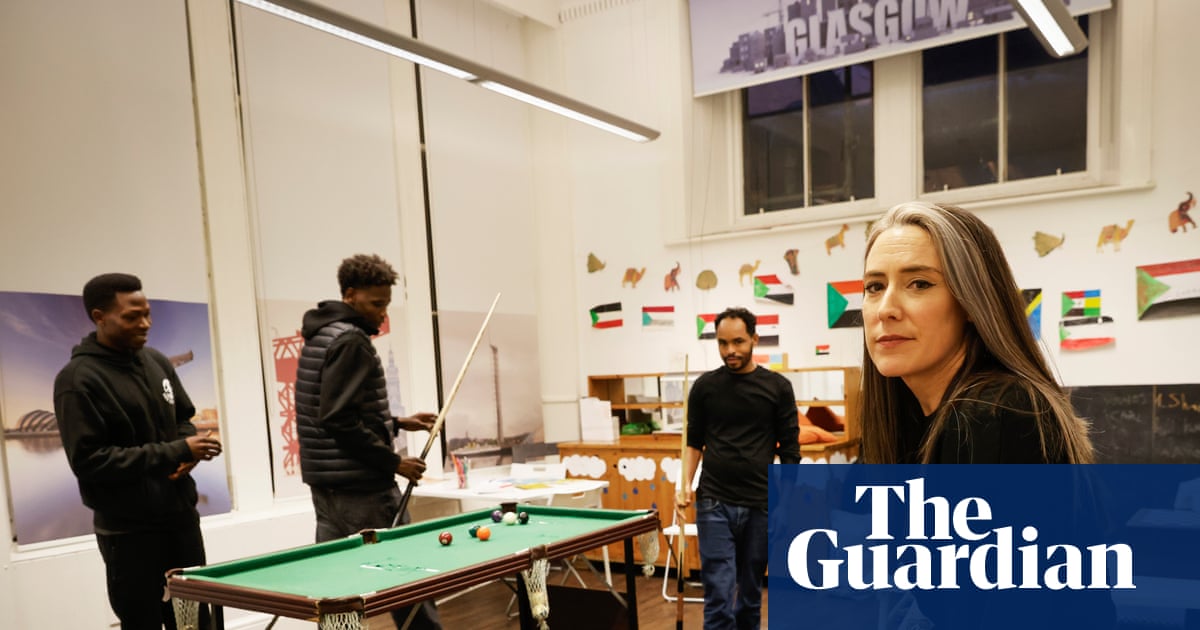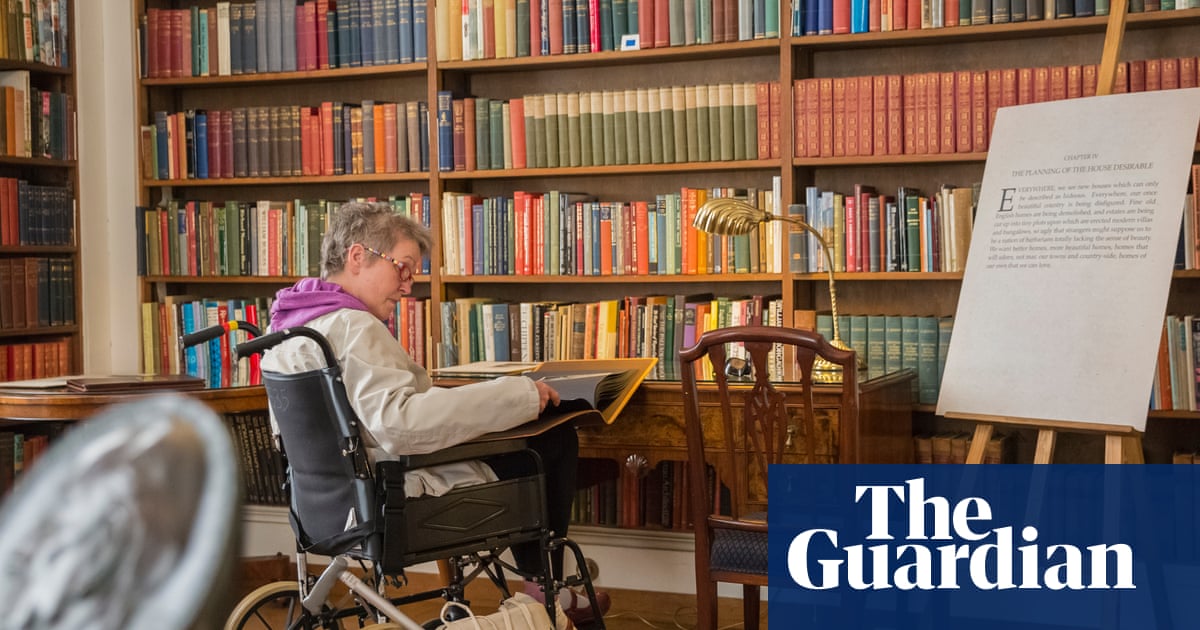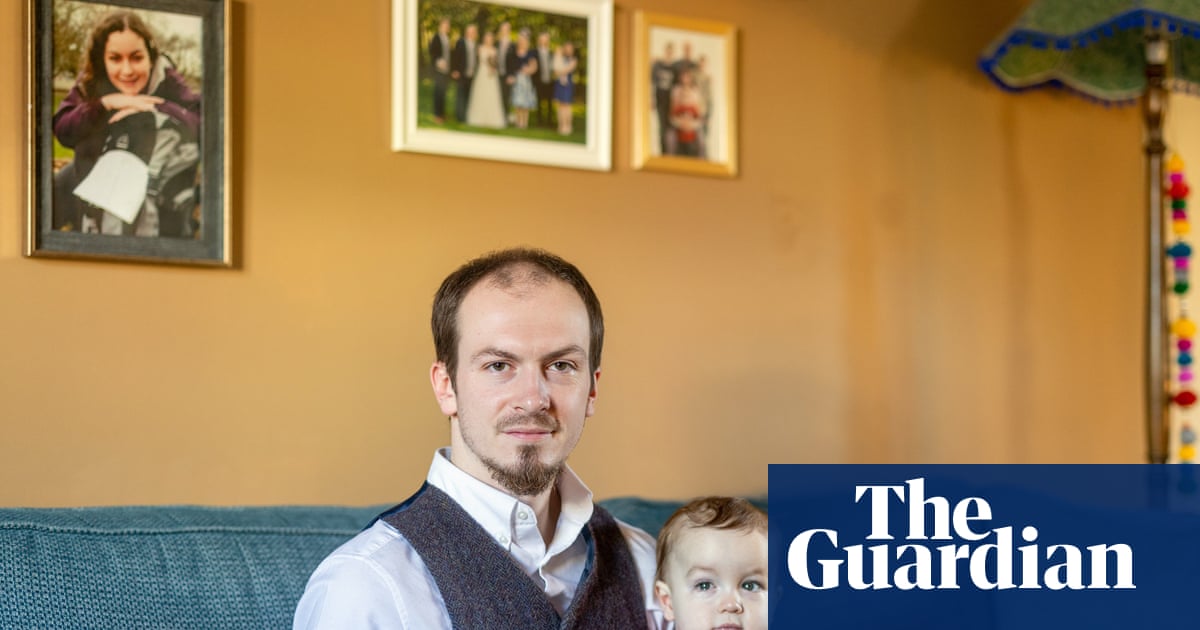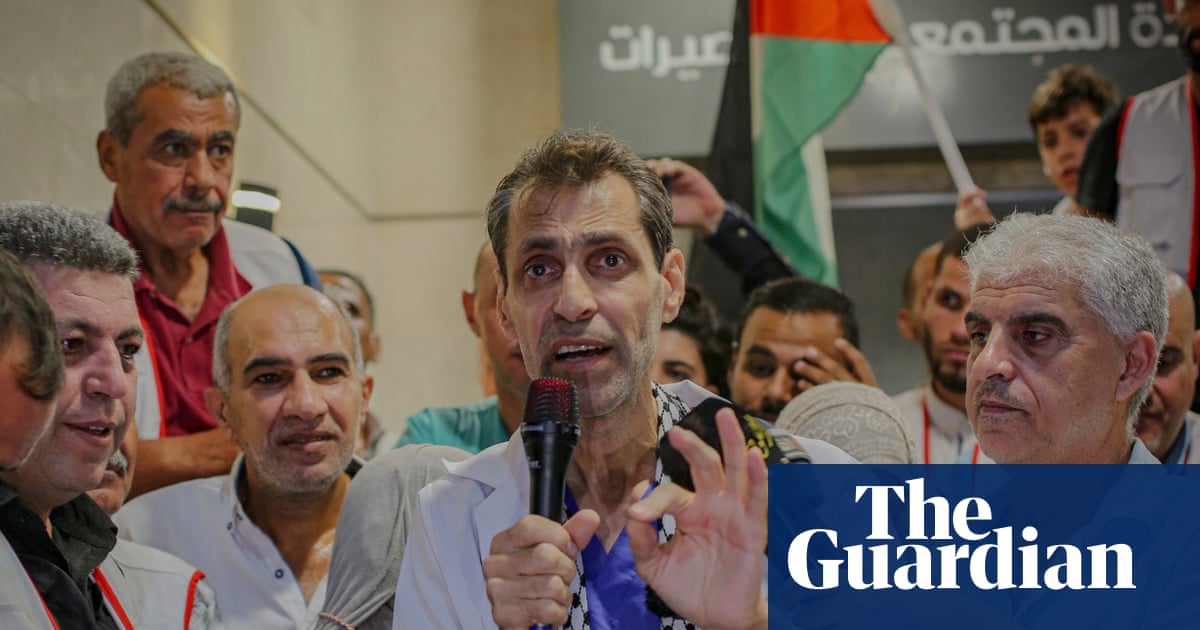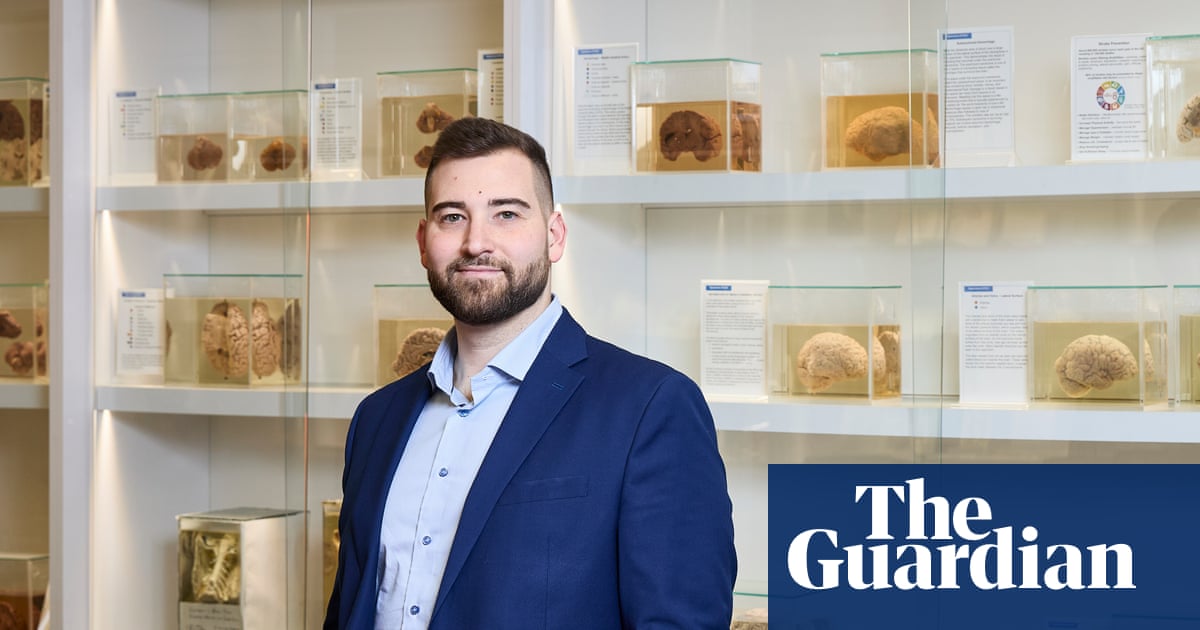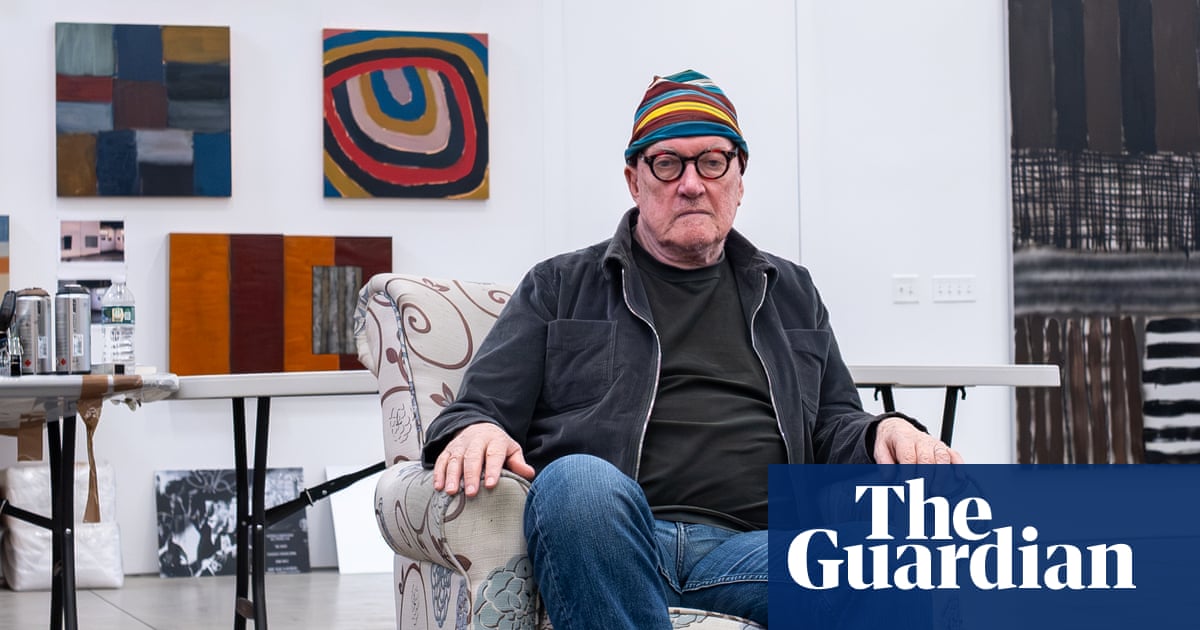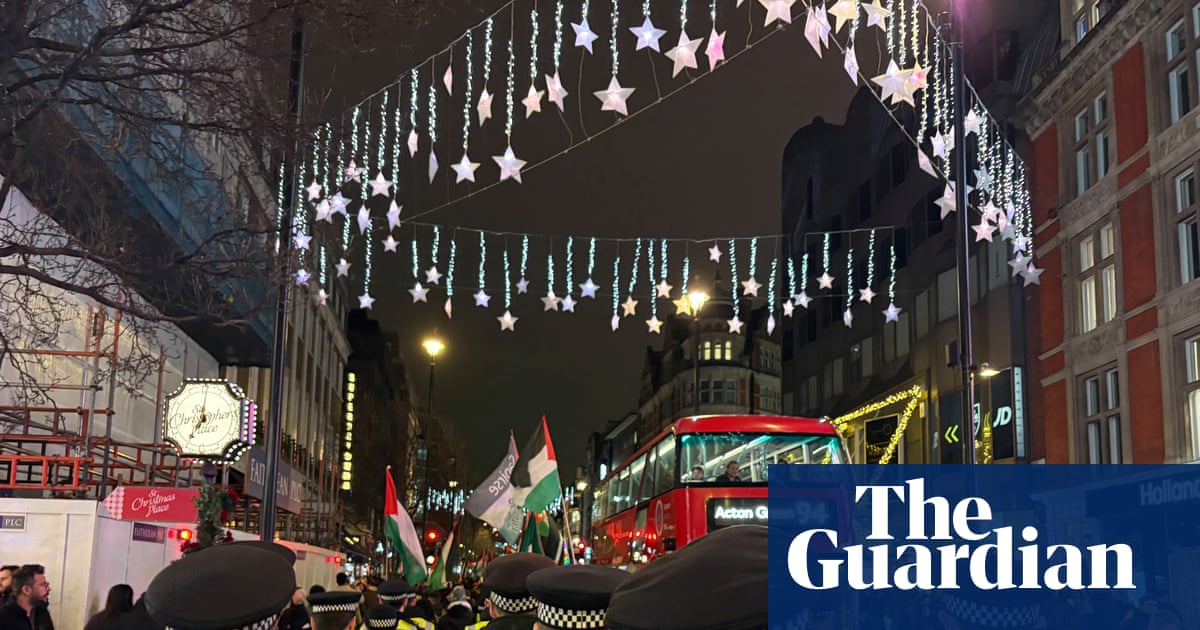The former City minister Tulip Siddiq has said she fears prosecutors could be planning to use “fake” documents to secure her conviction in her trial in Bangladesh on corruption charges.
The Labour MP, who is being tried in absentia, spoke out after images of a Bangladeshi national identity card and a passport said to be in her name were published in newspapers in the UK and in Bangladesh.
Siddiq said the documents that appeared in the Times and Prothom Alo, a prominent Bangladeshi newspaper, were forgeries. She said: “I’ve struggled with fake news for one year now about all my crimes. No evidence has been produced. So now fake documentation. And I guess the next step is fake evidence.”
Siddiq and 20 other individuals, including her aunt, her mother, her brother and her sister, have been on trial in the Bangladeshi capital, Dhaka, since the start of August. She is accused of influencing her aunt, Sheikh Hasina, who was ousted as Bangladesh’s prime minister last year, to secure a plot of land in a suburb of Dhaka for her family members.
She denies the allegations, which she says are politically motivated.
Keir Starmer’s independent adviser on the ministerial code cleared her in January after a series of allegations emerged from Bangladesh, but he had added that it was “regrettable that she was not more alert to the potential reputational risks” that arose from her familial ties and her Treasury role.
She resigned from her roles as economic secretary to the treasury and city minister, claiming the allegations from Bangladesh were proving a distraction for the government.
The identity documents published last week were said by the newspapers to contradict Siddiq’s previous claims that she had never had a national ID card and that a Bangladeshi passport in her name had expired around two and half decades ago.
Siddiq said that she stood by these declarations and that her concern now was that the allegedly forged documents could be the start of more “fake news” from Dhaka, adding that she had never denied being a Bangladeshi citizen as well as a British national, and that she had informed the Treasury of this on becoming a minister.
The Guardian has seen her declaration to the Treasury proving this to be the case.
Siddiq, who was born in London, has Bangladeshi citizenship due to both parents being born there. She said she also had a Bangladesh passport as a child but that it expired when she was about 18 years old and it was not renewed.
She said she did not understand why the allegedly fake documents had been produced, but that it filled her with concern about what was to come, adding: “One thing they could be doing is that they’re fabricating these things to see how well it lands, because then they’re going to fabricate evidence, maybe just to see how much the British press swallow it. It could be something like that.”
It was claimed that records show that a passport for Siddiq was issued in London in September 2001, when Siddiq was 19, and a national identity card issued in January 2011.
It was further claimed that she applied to renew her passport in January 2011 at the Agargaon passport office in Dhaka and that she has a voter registration number.
Siddiq said that none of the claims were true.
A broadcast interview in 2017 has also been cited as evidence that Siddiq, the MP for Hampstead and Highgate, has not been honest about her citizenship.
She had been asked by Channel 4 whether she would intervene in the case of Ahmad bin Quasem, a Bangladeshi lawyer trained in the UK who had allegedly been abducted in Bangladesh.
She responded: “Are you aware I am a British MP? I was born in London. Are you implying that I am a Bangladeshi politician? Because I don’t think that’s the right thing to imply.
“Are you calling me Bangladeshi? Because I am British, be very careful what you’re saying because I’m a British MP from Hampstead and Kilburn.”
Siddiq said that the conversation had been taken out of context by those seeking to traduce her. She said: “I basically said: ‘Sorry, I’m not Bangladeshi. I’m British, meaning, I’m not a Bangladeshi MP, I’m not taking on casework from a Bangladeshi.’ There’s nothing about citizenship.”
Siddiq added that she had been prevented from having legal representation at the trial in Dhaka and that the authorities had still not contacted her.
The anti-corruption commission prosecuting Siddiq has claimed that a summons was sent to an address listed on Siddiq’s Bangladesh passport, national identity card and in the voter roll.
Siddiq said she had never lived at the address said to be contained on what she described as “fake documents”.
The anti-corruption commission and the Times have been contacted for comment.

 3 months ago
89
3 months ago
89


